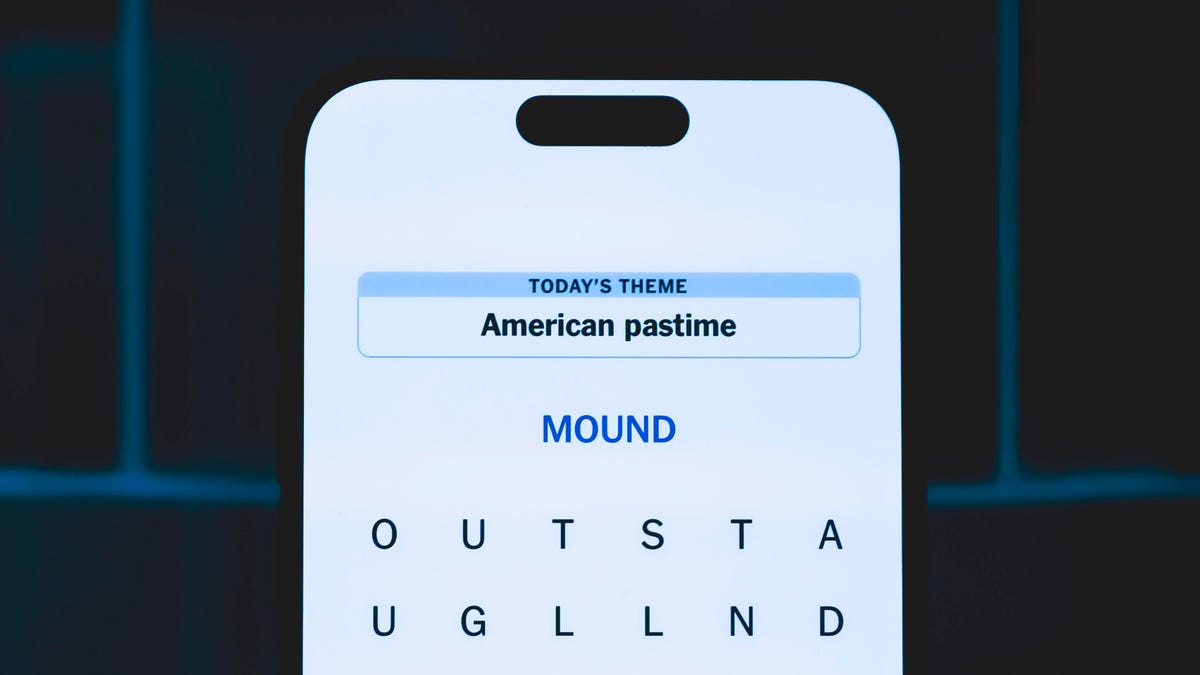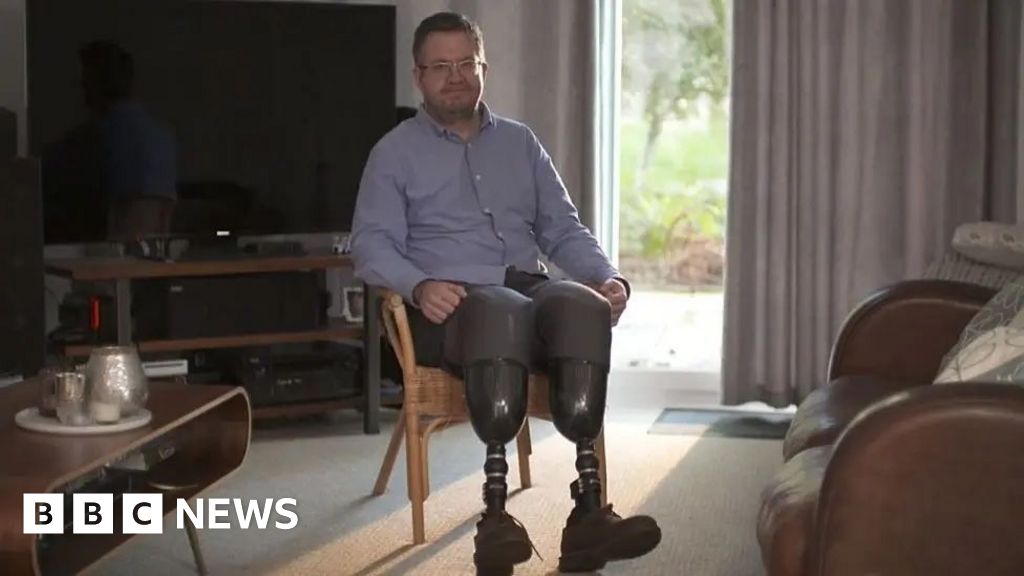Social Media And Teen Mental Health: Addressing The Current Crisis

Welcome to your ultimate source for breaking news, trending updates, and in-depth stories from around the world. Whether it's politics, technology, entertainment, sports, or lifestyle, we bring you real-time updates that keep you informed and ahead of the curve.
Our team works tirelessly to ensure you never miss a moment. From the latest developments in global events to the most talked-about topics on social media, our news platform is designed to deliver accurate and timely information, all in one place.
Stay in the know and join thousands of readers who trust us for reliable, up-to-date content. Explore our expertly curated articles and dive deeper into the stories that matter to you. Visit Best Website now and be part of the conversation. Don't miss out on the headlines that shape our world!
Table of Contents
Social Media and Teen Mental Health: Addressing the Current Crisis
The link between social media and teen mental health is increasingly undeniable. While offering connection and community, platforms like Instagram, TikTok, and Snapchat are also implicated in rising rates of anxiety, depression, and body image issues among adolescents. This isn't about demonizing social media; it's about understanding the complex relationship and developing strategies for a healthier digital landscape.
The Impact of Social Media on Teen Well-being:
Research consistently highlights the negative impacts of excessive social media use on teenagers. The curated perfection often presented online fosters unrealistic expectations and contributes to:
- Increased Anxiety and Depression: Constant exposure to seemingly perfect lives can trigger feelings of inadequacy and low self-esteem, exacerbating existing mental health conditions or contributing to the development of new ones. Studies show a correlation between high social media usage and increased rates of depression and anxiety symptoms in teens.
- Body Image Issues: The prevalence of filtered images and unrealistic beauty standards on platforms like Instagram promotes negative body image and can lead to eating disorders and obsessive dieting. The relentless pressure to conform to these ideals takes a significant toll on self-esteem.
- Cyberbullying: Social media provides a platform for cyberbullying, which can have devastating consequences for victims. The anonymity and reach of online platforms amplify the harm inflicted, leading to feelings of isolation, humiliation, and even suicidal thoughts.
- Sleep Disturbances: The blue light emitted from screens interferes with melatonin production, disrupting sleep patterns. This lack of sleep can further exacerbate anxiety, depression, and other mental health problems.
- Fear of Missing Out (FOMO): The constant stream of updates and social events on social media can lead to a pervasive feeling of missing out, contributing to anxiety and social comparison.
What Can We Do? A Multi-pronged Approach:
Addressing this crisis requires a multifaceted approach involving parents, educators, policymakers, and the social media companies themselves.
For Parents:
- Open Communication: Establish open and honest conversations with your teens about their social media use. Encourage them to share their experiences and concerns.
- Monitor Usage: While respecting privacy, be aware of your teen's online activity and be vigilant for signs of distress or cyberbullying.
- Model Healthy Habits: Show your teens how to use social media responsibly and mindfully. Limit your own screen time and be present in real life.
- Seek Professional Help: Don't hesitate to seek professional help if you are concerned about your teen's mental health.
For Educators:
- Digital Literacy Programs: Implement comprehensive digital literacy programs that teach students critical thinking skills, media literacy, and responsible social media use.
- Mental Health Awareness: Promote mental health awareness and provide resources for students struggling with anxiety, depression, or other mental health challenges.
- Create Supportive School Environments: Foster a supportive and inclusive school environment where students feel comfortable seeking help and expressing their concerns.
For Social Media Companies:
- Improved Content Moderation: Enhance content moderation to remove harmful content, including cyberbullying and promoting unrealistic beauty standards.
- Transparency and Accountability: Increase transparency around algorithms and data collection practices. Hold social media companies accountable for their role in contributing to mental health issues.
- Promote Positive Content: Actively promote positive and uplifting content that fosters self-esteem, resilience, and mental well-being.
For Teens:
- Mindful Usage: Practice mindful social media use. Set limits on screen time and be aware of how social media makes you feel.
- Seek Support: Don't hesitate to seek support from friends, family, teachers, or mental health professionals if you are struggling. Remember, you are not alone.
- Focus on Real-Life Connections: Prioritize real-life connections and activities that bring you joy and fulfillment.
Moving Forward:
The challenge of navigating the relationship between social media and teen mental health is ongoing. By working together – parents, educators, policymakers, tech companies, and teens themselves – we can create a safer and healthier digital environment that supports the well-being of young people. This requires ongoing dialogue, research, and a commitment to creating positive change. Learn more about resources available through organizations like [link to a relevant mental health organization, e.g., The Trevor Project]. Let's work together to empower teens to thrive in the digital age.

Thank you for visiting our website, your trusted source for the latest updates and in-depth coverage on Social Media And Teen Mental Health: Addressing The Current Crisis. We're committed to keeping you informed with timely and accurate information to meet your curiosity and needs.
If you have any questions, suggestions, or feedback, we'd love to hear from you. Your insights are valuable to us and help us improve to serve you better. Feel free to reach out through our contact page.
Don't forget to bookmark our website and check back regularly for the latest headlines and trending topics. See you next time, and thank you for being part of our growing community!
Featured Posts
-
 Lady Gagas Gothic Style Eclipses Jenna Ortega At Nyc Wednesday Event
Sep 04, 2025
Lady Gagas Gothic Style Eclipses Jenna Ortega At Nyc Wednesday Event
Sep 04, 2025 -
 Nyt Spelling Bee September 3rd 549 Help Hints And Answers
Sep 04, 2025
Nyt Spelling Bee September 3rd 549 Help Hints And Answers
Sep 04, 2025 -
 September 3 2025 Winning Numbers For Nh Lottery Powerball And Lucky For Life
Sep 04, 2025
September 3 2025 Winning Numbers For Nh Lottery Powerball And Lucky For Life
Sep 04, 2025 -
 Unveiling The 2025 Nfl Season Captains All 32 Teams Leaders Announced
Sep 04, 2025
Unveiling The 2025 Nfl Season Captains All 32 Teams Leaders Announced
Sep 04, 2025 -
 Lady Gagas Bloody Mary Removed What Happened To The Wednesday Soundtrack
Sep 04, 2025
Lady Gagas Bloody Mary Removed What Happened To The Wednesday Soundtrack
Sep 04, 2025
Latest Posts
-
 Nfl News 49ers And Deebo Samuel Finalize Contract With Added Incentives
Sep 05, 2025
Nfl News 49ers And Deebo Samuel Finalize Contract With Added Incentives
Sep 05, 2025 -
 Update Ethan Pritchard Fsu Freshman Stable Following Shooting
Sep 05, 2025
Update Ethan Pritchard Fsu Freshman Stable Following Shooting
Sep 05, 2025 -
 Big Brother 27 Episode 25 Full Episode Streaming
Sep 05, 2025
Big Brother 27 Episode 25 Full Episode Streaming
Sep 05, 2025 -
 Nba All Star Game Overhaul Usa Vs World Team Structure Explained
Sep 05, 2025
Nba All Star Game Overhaul Usa Vs World Team Structure Explained
Sep 05, 2025 -
 The Conviction Of Surgeon Neil Hopper A Self Amputation Story
Sep 05, 2025
The Conviction Of Surgeon Neil Hopper A Self Amputation Story
Sep 05, 2025
